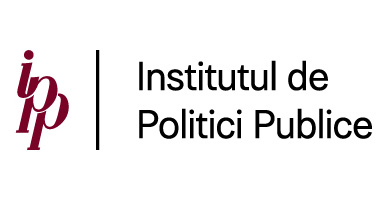Integration of the Ethnic Groups and the Consolidation of Civic Nation in the Republic of Moldova
This policy study comprises recommendations for decision makers on how to accommodate ethnic minorities and consolidate the civic nation in the Republic of Moldova. The issues tackled in the policy study are:
– International models of integration of ethnic groups;
– National identity, ethnic factor and civic nation in the Republic of Moldova;
– National and international legal framework for the integration of ethnic groups;
– Autonomous Territorial Unit “Gagauz-Yeri” in the context of building a civic nation;
– Gagauz Autonomy and Transnistrian region: differences and similarities;
– Linguistic and cultural policies for the integration of ethnic minorities;
– Political rights of the ethnic groups;
– Educational policies for the integration of ethnic minorities.
Among the conclusions of the policy study are:
– The process of reintegration of the representatives of ethnic minorities is not a priority of the political class of the Republic of Moldova;
– The legal framework addressing the issue of minority integration in the Republic of Moldova is largely ignored;
– The integration of the ethnic minorities into a civic nation is hampered by the uncertainty of the majority over its ethnic identity. This uncertainty is used by various political parties in their electoral interests;
– The attitudes of the population over the historic past is a factor that contributes to the polarization of Moldovan society;
– The linguistic legislation of the Republic of Moldova should be updated;
– The creation of the Gagauz autonomy didn’t lead to the preservation of the Gagauz culture and language, on the contrary, it conservated the linguistic realities of the Soviet period – Russian monolingualism;
– There are very little similarities between the problems in ATU “Gagauz-Yeri” and the Transnistrian region of the Republic of Moldova;
– The current educational system in the Republic of Moldova doesn’t ensure an adequate linguistic integration of the representatives of the ethnic minorities and is a main cause of the ethnolinguistic division of the Republic of Moldova;
– Large discussions between historians from Republic of Moldova, Romania, Russian Federation and Ukraine should be initiated in order to overcome antagonistic approaches towards the events of the common past and identify solutions for the future;
– The state should promote inter-cultural education and communication in order to overcome the ethnolinguistic isolationism.

 Română
Română